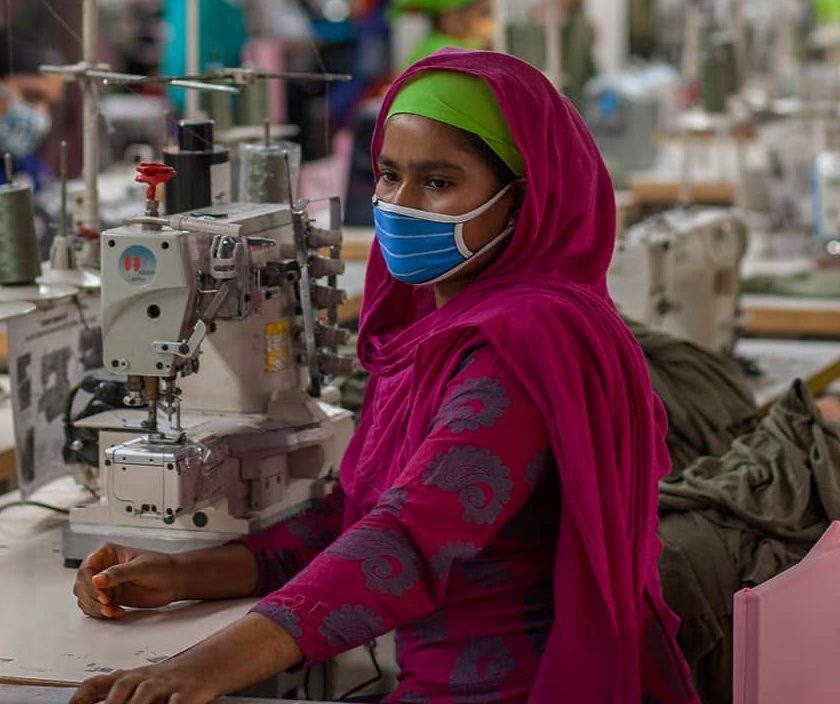It’s clear that fashion companies have their backs against a wall and can no longer ignore the call to...
2023 marks ten years since Baptist World Aid released its very first edition of the Ethical Fashion Report. Released just months after the Rana Plaza collapse which tragically killed thousands of Bangladeshi workers and catalysed a new ethical fashion movement, our report placed a spotlight on what Australian fashion companies were (or weren’t) doing to protect and empower their supply chain workers. And findings were pretty grim. This year, we’re reflecting on what’s changed in the past decade. This special edition report examines 25 companies assessed consecutively between 2013 and 2022, tracking their progress against indicators of ethical supply chain practice and highlighting the difference a decade of advocacy can make.
Sign up to our email and know what’s going on in your world.
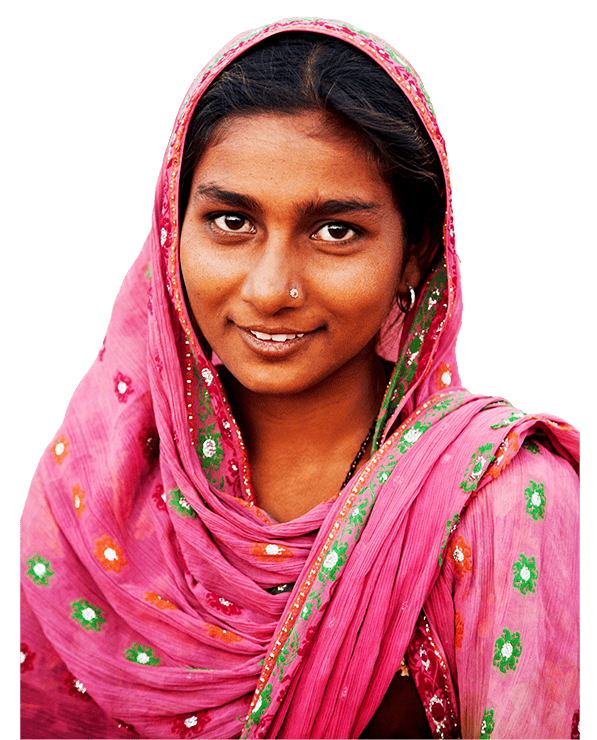
A decade on, what’s most shocking isn’t what has changed, but what hasn’t. This report shows that despite the remarkable advancements in areas like tracing, transparency and policies, outcomes for workers have failed to progress. In many countries around the globe, the people who make our clothes are still living in poverty despite working twelve-hour days, six days per week. Many fail to have their voices truly heard by fashion companies and lack the ability to raise concerns without fear of retribution, as freedom of association, union presence, and collective bargaining agreements are still scarce. Despite more companies committing to things on paper, outcomes for workers are failing to progress.
Based on the progress 25 companies have made since 2013, we estimated how long it will take the entire cohort of 120 companies assessed in 2022 to reach some key ethical milestones. We predict that:

Before all companies achieve traceability of more than three quarters of their raw fibre producers.

Before all companies are paying a living wage at a minimum of 1 factory each.
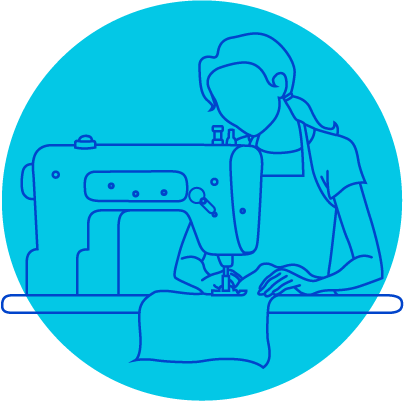
Before all companies have a grievance mechanism available to workers at a minimum of 1 factory each.
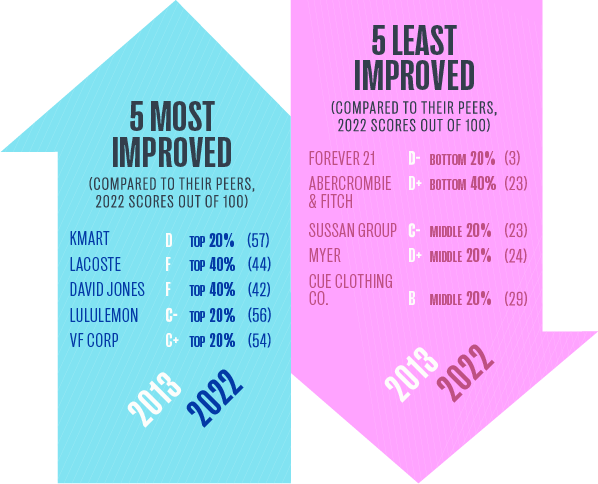
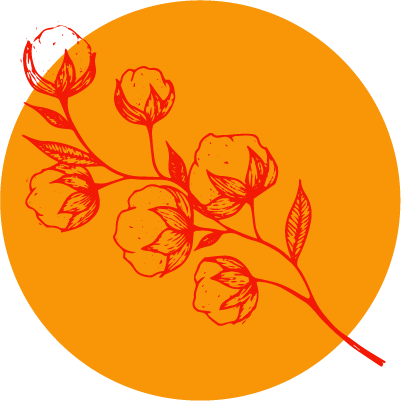
Declared by the ILO in March 2022.
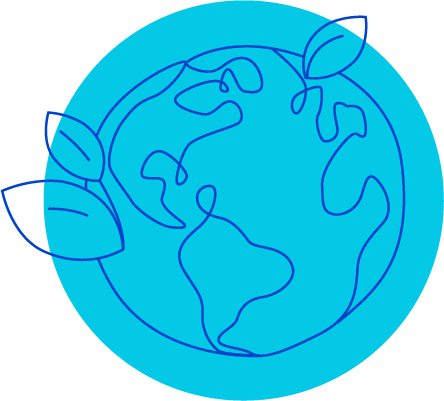
Products with stronger ethical and environmental standards are more accessible.
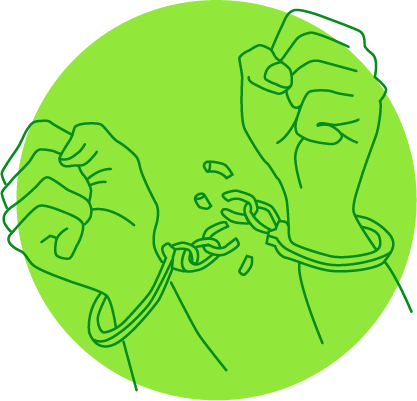
Increased accountability promotes better conditions.
The fashion system needs disrupting, and we can’t do it alone. You have power as a global citizen to influence change. Join the movement and let fashion companies know you value the people who make your clothes. You can use our Speak Out tool to advocate for the world you want to see!
SPEAK OUT TO BRANDS
